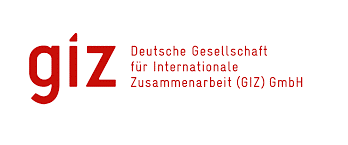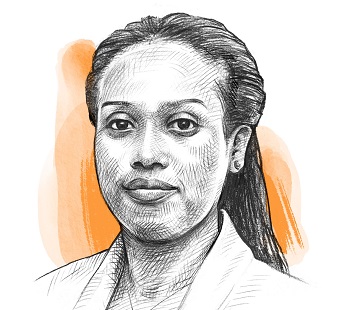PAS II - Pan African Statistics Programme II
Objective
-
€7.7mBUDGET
-
01/01/2022PROJECT START
-
46 monthsDURATION
Improving data quality and harmonisation: a fundamental issue
Informed decision-making on economic and social development, with a view to improving people’s living conditions, relies on reliable, up-to-date, harmonised and high-quality statistics. It is essential to harmonise country data to be able to compare them and implement common policies and programs at the regional and continental levels.
However, despite the various initiatives implemented over the last two decades, most of the statistics produced by the African statistical system remain disparate and are not aligned with international standards. Within the same country, statistics are produced and circulated on the basis of different denominators.
Increasing demand for high-quality statistics in Africa
Over the last 20 years, there has been a considerable increase in demand for high-quality statistics, following the adoption of ambitious policy frameworks, the emergence of new development initiatives and the expansion of a culture of results-based monitoring and evaluation supported by development partners.
To eradicate poverty around the world, the international community has established the Sustainable Development Goals and the African Union has adopted the Agenda 2063: “The Africa We Want”. In January 2021, the regional integration process was boosted with the official launch of the African Continental Free Trade Area (AfCFTA), a regional agreement aiming to strengthen intra-African trade, support economic activities and stimulate income-generation.
The monitoring and evaluation of these agendas and initiatives have put pressure on the African statistical system, which is thereby experiencing an increase in demand for high-quality statistics.
Development of a strategy to harmonise statistics in Africa
Under the aegis of the African Union, pan-African institutions have devised the Strategy for the Harmonisation of Statistics in Africa (SHaSA), a comprehensive strategy “to enable the African Statistical System to generate timely, reliable, and harmonised statistical information covering all aspects of inclusive and sustainable development”. It was revised in 2017 and became SHaSA 2, which covers the period 2017-2026.
At the same time, the African Union Institute for Statistics (STATAFRIC) has been set up to coordinate the African statistical system and implement the SHaSA. It benefits from the support of several partners, including the European Union, which has devised and implemented the Pan-African Statistics (PAS) Programme. The first phase of the PAS covered the period 2016-2021 and has contributed to making STATAFRIC operational.
Find out more about the first phase of the Pan African Statistics Programme
Encouraged by the good results achieved in the implementation of PAS I and aware of the remaining challenges, in January 2002, the European Union and African Union launched the second phase of PAS, which is financed by the European Union.
PAS II: Supporting African regional integration
The overall objective of the Pan African Statistics Programme II (PAS II) is to support African regional integration by improving the availability of high-quality statistical information by:
• Improving the production, quality and circulation of statistics in Africa in three priority areas: national accounts, statistics on international trade in goods and services, and statistics on agriculture, the environment and climate change
• Building the capacities of institutions, communication and the internal coordination of the African statistical system in general and of STATAFRIC in particular.
By the end of the programme in 2025, more countries will be in a position to prepare and circulate annual and quarterly national accounts in accordance with the SNA 2008 and statistics on international trade in goods and services.
Close cooperation with partners and stakeholders in statistics
The PAS II programme supports STATAFRIC (Tunis), the national statistical institutes of the 55 Member States of the African Union and the 8 regional economic communities. It contributes to the development of statistics through various types of activities:
• Organisation of regional workshops and online or face-to-face training
• Development of methodologies and guides for countries to facilitate the harmonisation of statistical production
• Targeted bilateral support
• Strengthening of online collaboration between statisticians
• Peer reviews which will allow the heads of national statistical institutes to benefit from the knowledge and vision of their peers.
The activities of PAS II are implemented in coordination with the other partners working to strengthen statistics in Africa: World Bank, African Development Bank, International Monetary Fund, United Nations Food and Agriculture Organization, etc.





